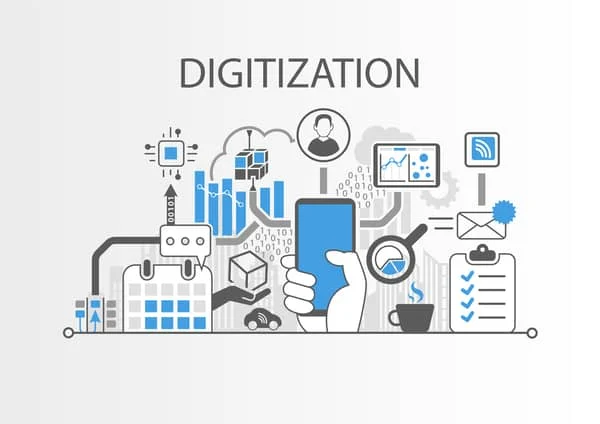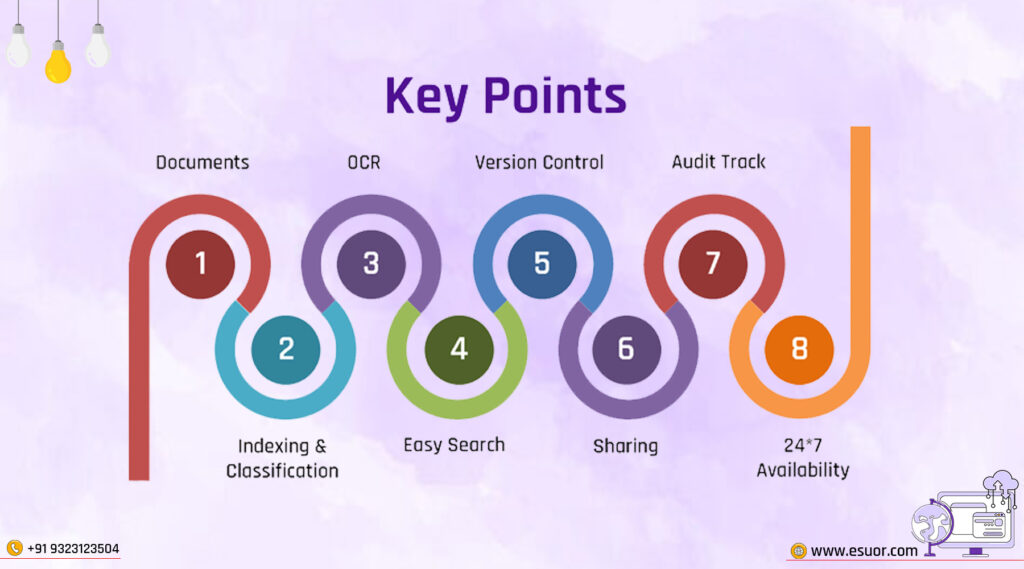
Streamline Your Operations with a Comprehensive Record Management System
In today’s fast-paced digital age, efficient record management is vital for businesses and organizations of all sizes. Whether you’re a small startup or a multinational corporation, the ability to organize, store, and retrieve records effectively can significantly impact your productivity, compliance, and overall success. This is where a robust Record Management System (RMS) comes into play.

Understanding Record Management Systems
A Record Management System (RMS) is a software solution designed to facilitate the systematic management of records throughout their lifecycle. From creation and capture to storage, retrieval, and eventual disposition, an RMS provides a centralized platform for managing various types of records, including documents, emails, images, and multimedia files.
Benefits of Implementing a Record Management System
- Enhanced Efficiency: With an RMS in place, organizations can streamline their record-keeping processes, reducing manual effort and the risk of errors. Automated workflows and indexing features enable quick and easy retrieval of records, saving time and improving productivity.
- Improved Compliance: Compliance with regulatory requirements and industry standards is critical for businesses in many sectors. An RMS helps ensure compliance by providing features such as audit trails, version control, and retention schedules, which help organizations meet legal and regulatory obligations.
- Cost Savings: Traditional paper-based record-keeping systems incur costs related to storage space, printing, and maintenance. By transitioning to a digital RMS, organizations can significantly reduce these costs while also minimizing the risk of lost or damaged records.
- Enhanced Security: Digital record management systems offer robust security features, such as encryption, access controls, and user authentication, to protect sensitive information from unauthorized access, tampering, or theft. This helps safeguard confidential data and maintains the integrity of records.
- Greater Accessibility: Cloud-based RMS solutions enable authorized users to access records from anywhere with an internet connection, facilitating remote work and collaboration. This accessibility improves decision-making processes and accelerates response times, especially in fast-paced environments.
Key Features of a Record Management System
- Document Capture and Indexing: Efficiently capture and index records upon creation, enabling easy retrieval based on keywords, metadata, or predefined categories.
- Storage and Archiving: Securely store records in a centralized repository, with options for long-term archival storage and retrieval.
- Retention Policies and Disposition: Define retention schedules and disposal policies to ensure compliance with legal and regulatory requirements while minimizing storage overhead.
- Version Control: Track changes to records over time and maintain a complete audit trail of edits, revisions, and approvals.
- Security and Access Controls: Implement robust security measures to protect sensitive records and restrict access based on user roles and permissions.
- Integration and Compatibility: Integrate the RMS with existing systems and applications, such as email clients, CRM software, and enterprise resource planning (ERP) systems, to streamline workflows and enhance interoperability.
Conclusion
In conclusion, a comprehensive Record Management System (RMS) is indispensable for organizations seeking to optimize their record-keeping processes, ensure compliance, and mitigate risks associated with information management. By leveraging the features and benefits offered by an RMS, businesses can streamline operations, enhance productivity, and stay ahead in today’s competitive landscape. Whether you’re a small business, a government agency, or a multinational corporation, investing in a robust RMS is a strategic decision that yields significant returns in efficiency, compliance, and data security.